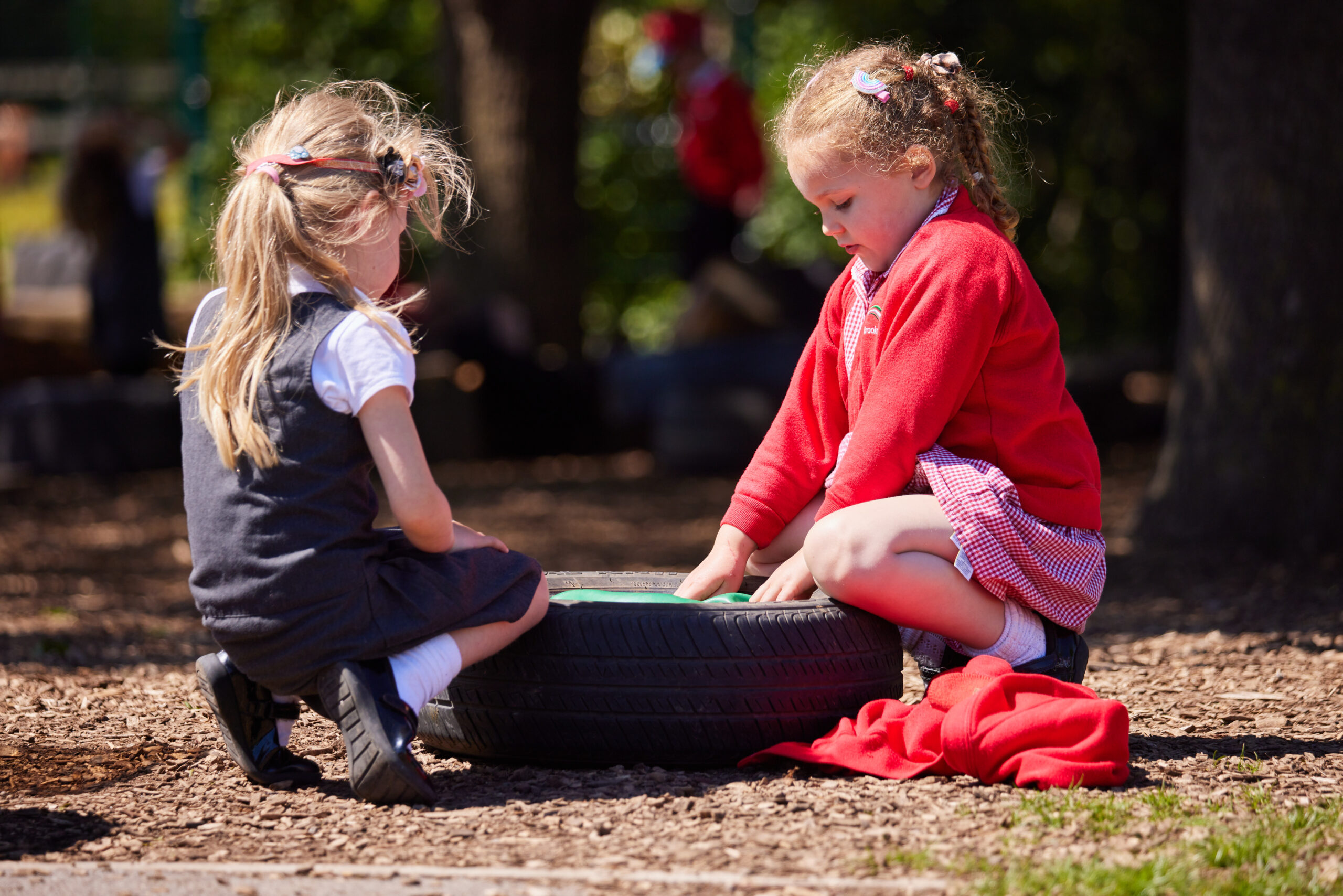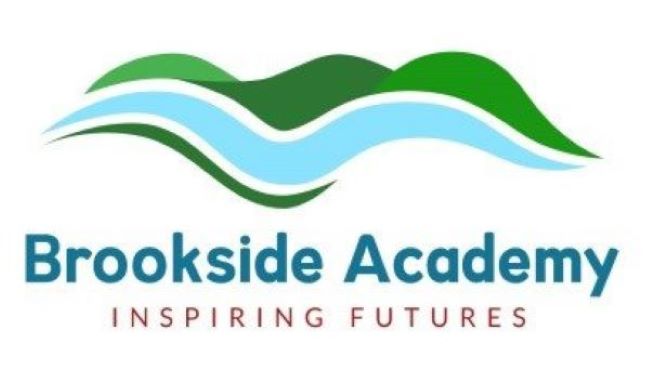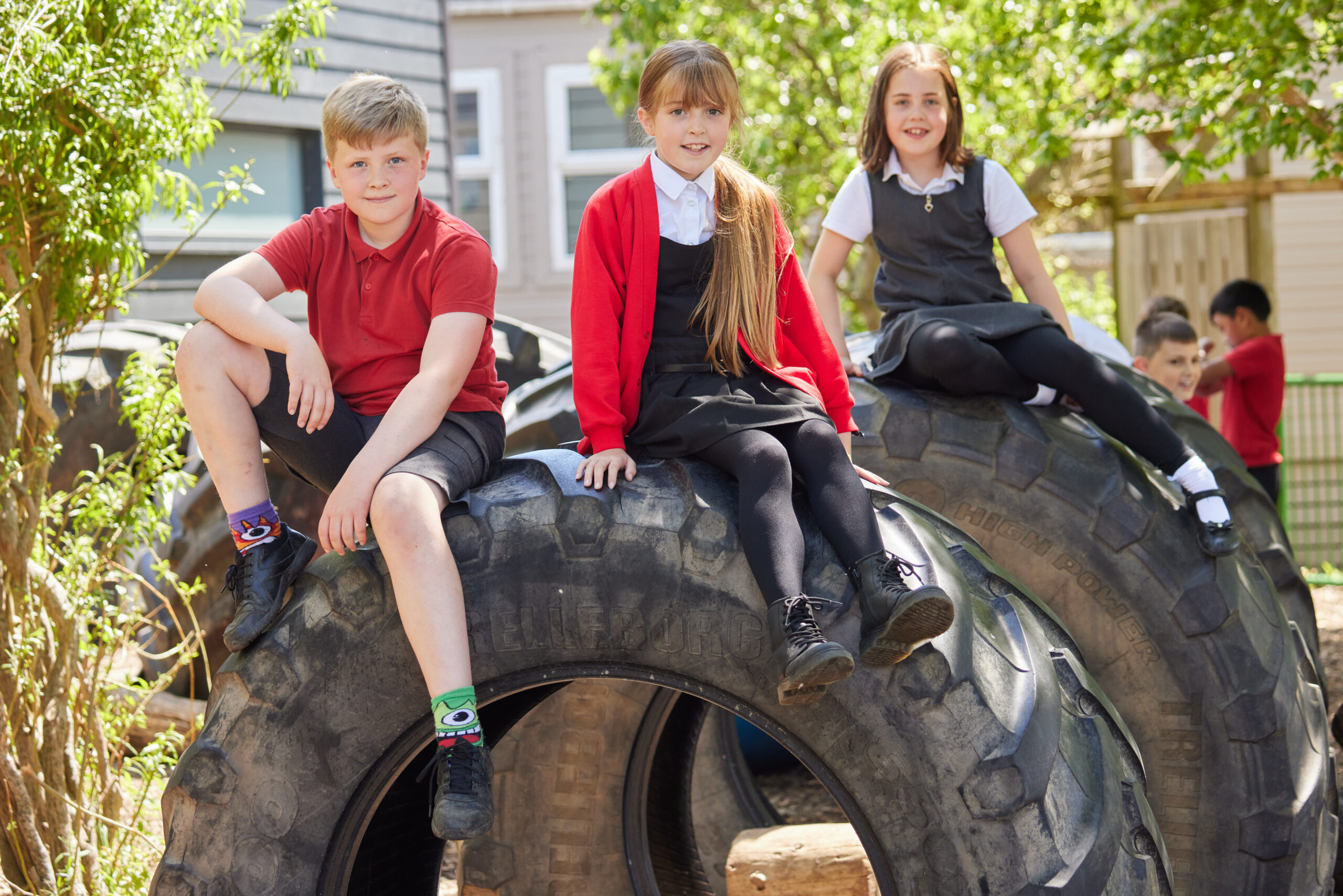

English Curriculum

Intention
At Brookside Academy, we believe that a high quality English curriculum should inspire, enthuse and enable all children to reach their potential in reading, writing and communication. Equipping children with the skills and knowledge in English, and building on this throughout their time at Brookside, we believe this is to inspire futures, enabling them to move onto the next stage in their education as confident, motivated and independent learners. The National Curriculum (2014) forms the basis for all subject teaching ensuring the continuity and progression in an age-related curriculum.
Throughout Brookside, we want pupils to become fluent and avid readers that can confidently infer, retrieve, question and explain a wide range of texts; acquire a rich and broad vocabulary; a solid understanding of grammar; and be able to spell new words by effectively applying the spelling patterns and rules they learn throughout their time in primary school. In addition to this, we want them to write clearly, accurately and coherently, adapting their language and style in and for a range of contexts, purposes and audiences.
Our intent is to enable our children to:
- Read fluently and with good understanding
- For every child to have a good knowledge of phonics to enable children to become fluent readers and writers.
- Develop the habit of reading widely both for pleasure and information.
- Provide exciting writing opportunities that engage and enhance all pupils, using high quality texts where appropriate.
- Write clearly, accurately and coherently, adapting their language and style in and for a range of contexts, purposes and audiences.
- To have strong understanding of grammar, punctuation and spellings and apply it effectively to their writing.
- Re-read, edit and improve their writing.
- Acquire a wide vocabulary, an understanding of grammar and knowledge of linguistic conventions of reading, writing and spoken language.
- We believe that all children should be encouraged to take pride in the presentation of their writing, in part by developing a legible, cursive handwriting style by the time they move to secondary school.
- To plan a progressive curriculum to build upon previous teaching with regular assessment to ensure each child's needs are met to reach their full potential.
Implementation
At Brookside Academy, we use high quality texts and resources to motivate and inspire our children. The National Curriculum and EYFS framework provides the basis of the English Curriculum, which is then tailored to meet the learning, and needs of the children in the school.
- Children have four writing lessons per week.
- Guided reading sessions take place 3 - 4 times a week.
- Teachers create a positive reading and writing culture in school.
- Additional sessions of reading are encouraged to ensure children have the opportunity to read for pleasure and to listen to teachers reading aloud.
- Daily reading to an adult in KS1.
- High quality texts are used to inspire writing sessions and to teach the children key comprehension skills: retrieval, inference, explanation, prediction, and summaries. The texts will also provide opportunities for children to reflect on our four skills of life.
- 1:1 reading and small group reading intervention sessions for children identified as needing additional support.
- Targeted reading intervention using Toe-by-Toe (Year 1-4) and Sound Linkage (Years 5-6) with the class' teaching assistant.
- Pupils to acquire stratergies to enable them to become independent learners in English (e.g. spellings rules & patterns, proof reading skills and how to tackle unfamiliar words when reading).
- Teaching a range of genres across the school both in English and other curriculum areas, resulting in pupils being exposed to, and knowledgeable about, literary styles, authors and genres.
- Daily phonics and the use of the Twinkl phonics programme for EYs, KS1 and children in our specialist provision. An experienced teachers oversees our phonics delivery.
- Age appropriate & differentiated spellings sent home weekly which the children are tested on the following week.
- Pupils to discuss and present their ideas to each other by talking, being able to elaborate and explain themselves clearly, make presentations (KS2) and participate in debates (Upper KS2).
- Discrete spelling, grammar and handwriting lessons.
- Effort and achievement in reading and writing are celebrated with House points.
Impact
Teachers use assessment as an integral part of the teaching and learning proves and link it clearly to the children's next steps. Writing is marked throughout the week in accordance to the school's marking policy. Individual feedback is given when appropriate and targeted intervention in a small group is used when children have a similar difficulty. Teachers use marking to inform their teaching and groupings. Children are given regular opportunities to peer self-assess to encourage them to become reflective writers. Children a complete formal writing assessment four times a term. In reading, children are formally assessed termly.
The impact of our English curriculum is measured by:
- Lesson observations, book scrutiny and learning walks by SLT.
- Moderating pupils' work in school and cluster meetings with other schools to ensure accurate assessments are made.
- Tracking pupil' progress in December, March and July using INSIGHT tracker.
- Gathering pupil voice to check understanding, progression and confidence in discussing English.
- Monitoring is used to identify gaps in the curriculum that may need to be addressed across the school, or within individual year groups. Monitoring is an ongoing cycle to ensure the best possible English curriculum for all of our children.
Quotes from pupils
"I love listening to stories. My favourite is The Smeds and The Smoos." Theia (Early Years)
I like learning new words in phonics. Alfie (Early Years)
"I like English because I really like learning about brand new stories and listening to them." Manha (Year 1)
"I can write in cursive and Mummy can't even do it - she is all shaky when she does it." Skyla (Year 1)
"I haven't always found English easy but this year, when we do different activities and drama, I have really enjoyed it." Holly (Year 4)
"I loved reading and writing about Ernest Shackleton and his expedition to the South Pole." Amelia (Year 4)
"We can write our own stories and learn new vocabulary. I espeically like it when we work together as a class." Hattie (Year 5)
"I really like writing letters to people." Noah (Year 5)
"It's really fun when we watch a video and then draw a storyboard." Jacob (Year 5)
"I really enjoyed reading the Just So Stories - they were fun and imaginative." Kaila (Year 6)
"I really liked it when we did the bird poems from The Lost Words." Sophie (Year 6)
"Whatever we do, it is creative and fun." Adriana (Year 6)
